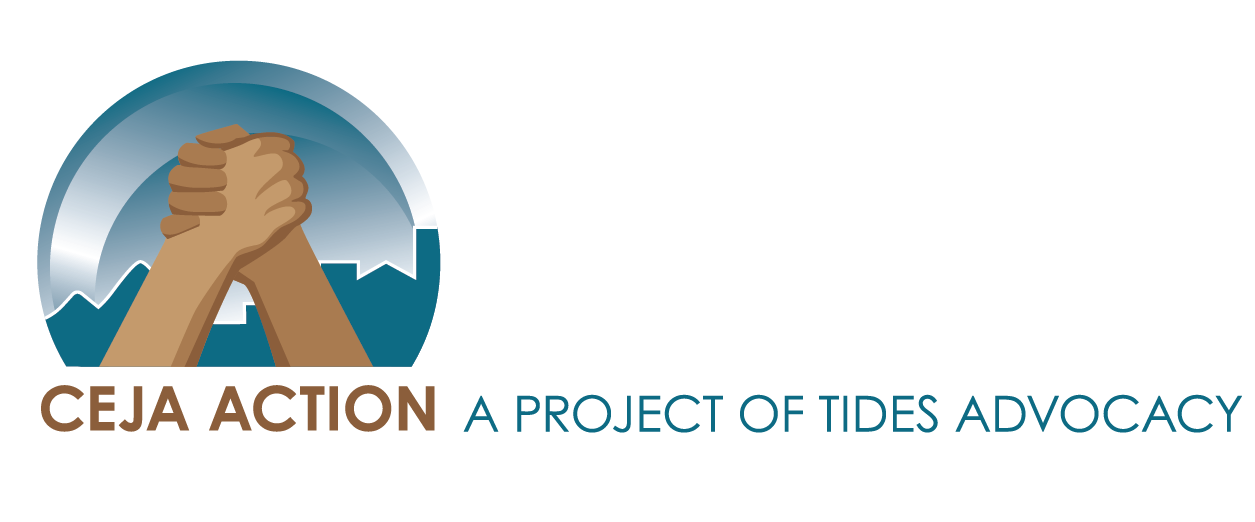CEJA Action’s endorsements are driven by the candidate’s commitment to our guiding Environmental Justice Principles below.
Environmental Justice Champions are elected officials or candidates who are proactive and meaningful partners for CEJA and our members, and are using their political capital to advance environmental justice priorities.
As we deepen our work and attempt to set clearer expectations from California elected officials, we will use 2020 to increase transparency about these principles. By advocating for these values, and endorsing candidates with a commitment to putting them in practice, we can build a more environmentally just California.
Below are several principles that accurately embody the characteristics and actions of environmental justice champions:
-
Prioritize and value prevention, human health, and improved quality of life: Human health and well-being must be given full weight, not overlooked for business interests or “cost effectiveness”
-
Do no harm: Decisions must do no further harm to environmental justice communities.
-
Prioritize environmental justice communities: Confront the tragic, historic legacy and ongoing disproportionate placing of polluting sources in environmental communities, as well as the trend of disinvestment in those neighborhoods.
-
Meaningfully engage with communities: Decisions informed by residents of environmental justice communities, which means decision-makers have to be proactive and culturally relevant in soliciting input on actions to improve health, responsive to the community concerns and transparent in their work, to ensure continued engagement and accountability for decisions.
-
Be proactive: Decisions should not wait for communities to bring forth solutions, instead proactively reaching out to impacted community groups for ideas and feedback.
-
Take intersectional approaches: Environmental justice communities are systematically disenfranchised and experience the impacts of patriarchy, racism and state violence. To ameliorate systemic exclusion, we must partner to advance intersectional solutions that creatively address the multiple crises faced by Californians.
-
Be responsive: Decision makers need to be responsive and accountable to community concerns when addressed. Offices should make continued discussion a priority, working on an issue until it is resolved.
-
Respect community expertise: Environmental justice communities are experts in their communities, and know the solutions they want to see. But too often, community voices are ignored for lack of “verification” which delays action that could prevent further harm. Decision-makers should turn to community leaders for input and trust what they are told.
